Jawaharlal Institute of Postgraduate Medical Education & Research, Puducherry
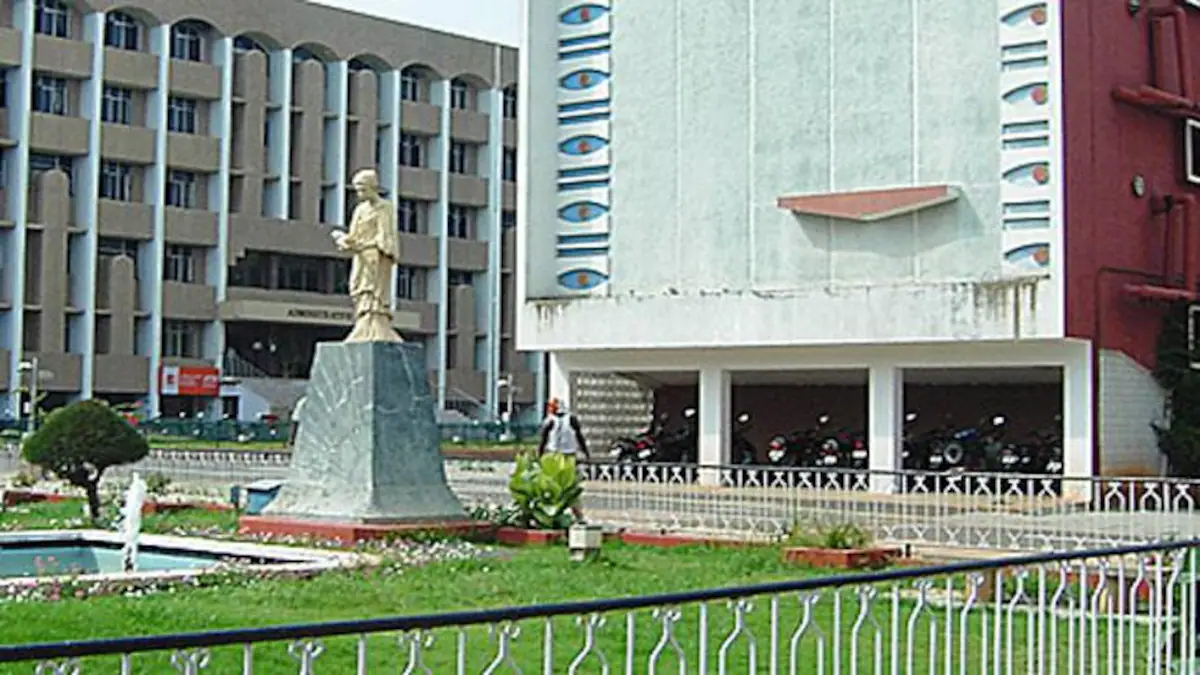
- Read more about Jawaharlal Institute of Postgraduate Medical Education & Research, Puducherry
- Log in to post comments
- 87 views
The Diploma in Child Health is a specialized program designed for healthcare professionals seeking advanced training in the field of pediatrics. This comprehensive course focuses on the unique healthcare needs of children, encompassing aspects of preventive care, diagnosis, and treatment of pediatric illnesses.
Curriculum Overview:
The curriculum of the Diploma in Child Health is carefully crafted to cover a wide spectrum of pediatric medicine. Key areas of study include:
Childhood Development:
Pediatric Nutrition:
Common Pediatric Illnesses:
Vaccination and Immunization:
Pediatric Emergencies:
Childhood Mental Health:
Clinical Practicum:
An essential component of the program is the clinical practicum, where students gain hands-on experience in pediatric settings. This includes rotations in pediatric clinics, neonatal units, and pediatric wards, providing exposure to diverse pediatric cases.
Family-Centered Care:
The program emphasizes the importance of family-centered care, recognizing the integral role of parents and guardians in a child's well-being. Students learn effective communication strategies to engage with families and create collaborative healthcare plans.
Career Opportunities:
Upon completion of the Diploma in Child Health, graduates can pursue various career paths, including:
Pediatric Clinics:
Pediatric Wards:
Community Health:
School Health Services:
Pediatric Research:
Conclusion:
The Diploma in Child Health equips healthcare professionals with specialized knowledge and skills to provide comprehensive care to children. Graduates emerge ready to make a positive impact on the health and well-being of pediatric patients, contributing to the development of a healthy and thriving younger generation
Diploma in Child Health is Diploma in Child Health


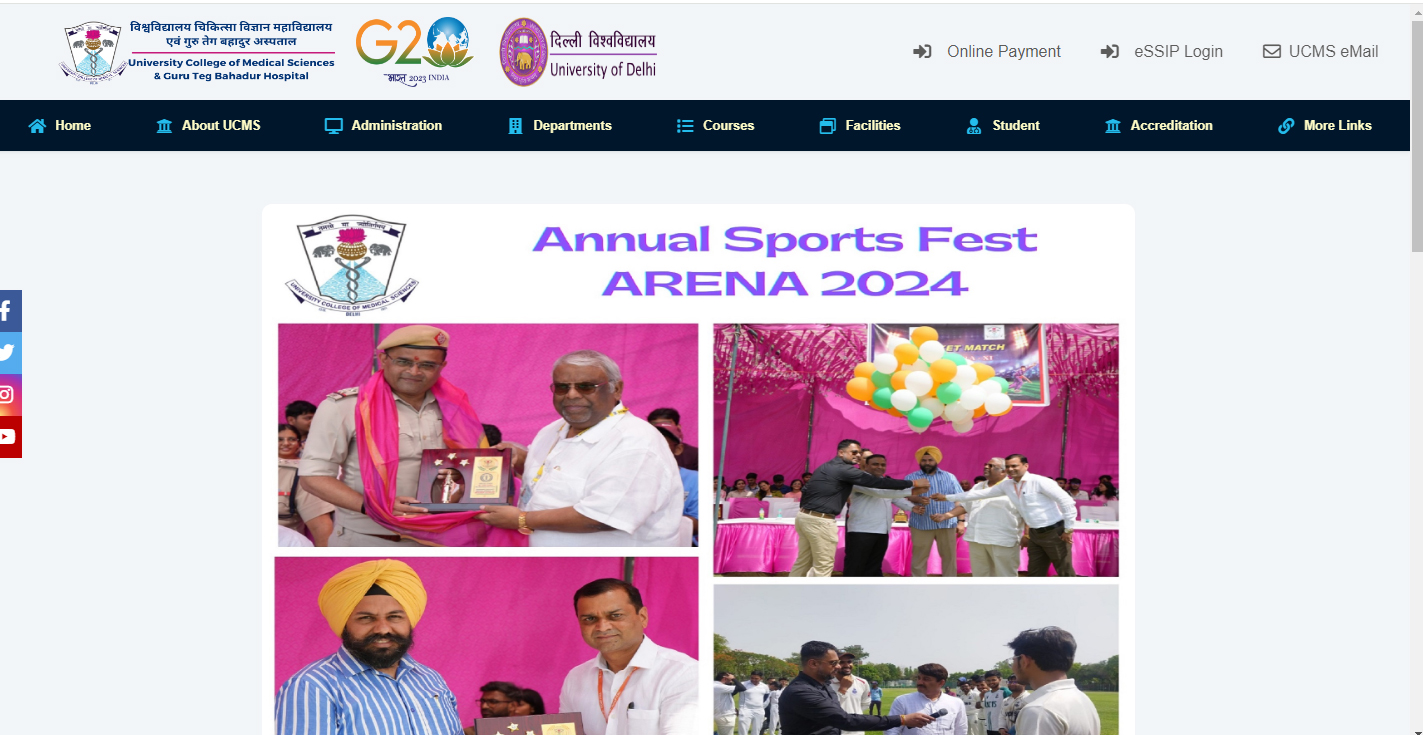

This centre, a branch of the Ramakrishna Order, follows the ideal and principles of Sri Ramakrishna - "Service to Jiva is Service to Shiva" (One who serves man serves God indeed). Since its humble beginning in 1932 as a maternity hospital, this centre has grown into a 626 beded with multi-discipline, is situated in Kolkata, capital of West Bengal. This centre is providing health care at an affordable price to socio-economically weaker, under-priviledged and needy patients.
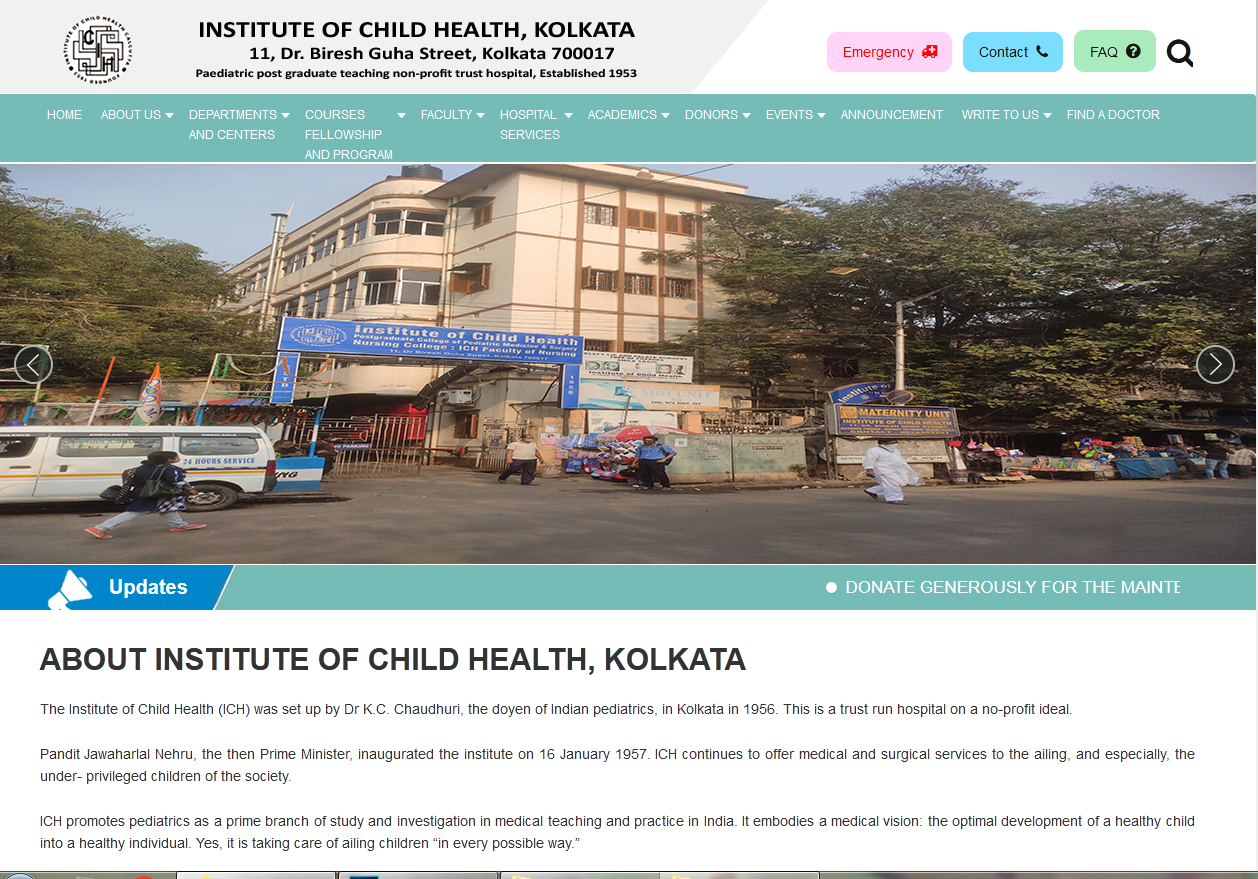
The Institute of Child Health (ICH) was set up by Dr K.C. Chaudhuri, the doyen of Indian pediatrics, in Kolkata in 1956. This is a trust run hospital on a no-profit ideal.
Pandit Jawaharlal Nehru, the then Prime Minister, inaugurated the institute on 16 January 1957. ICH continues to offer medical and surgical services to the ailing, and especially, the under- privileged children of the society.
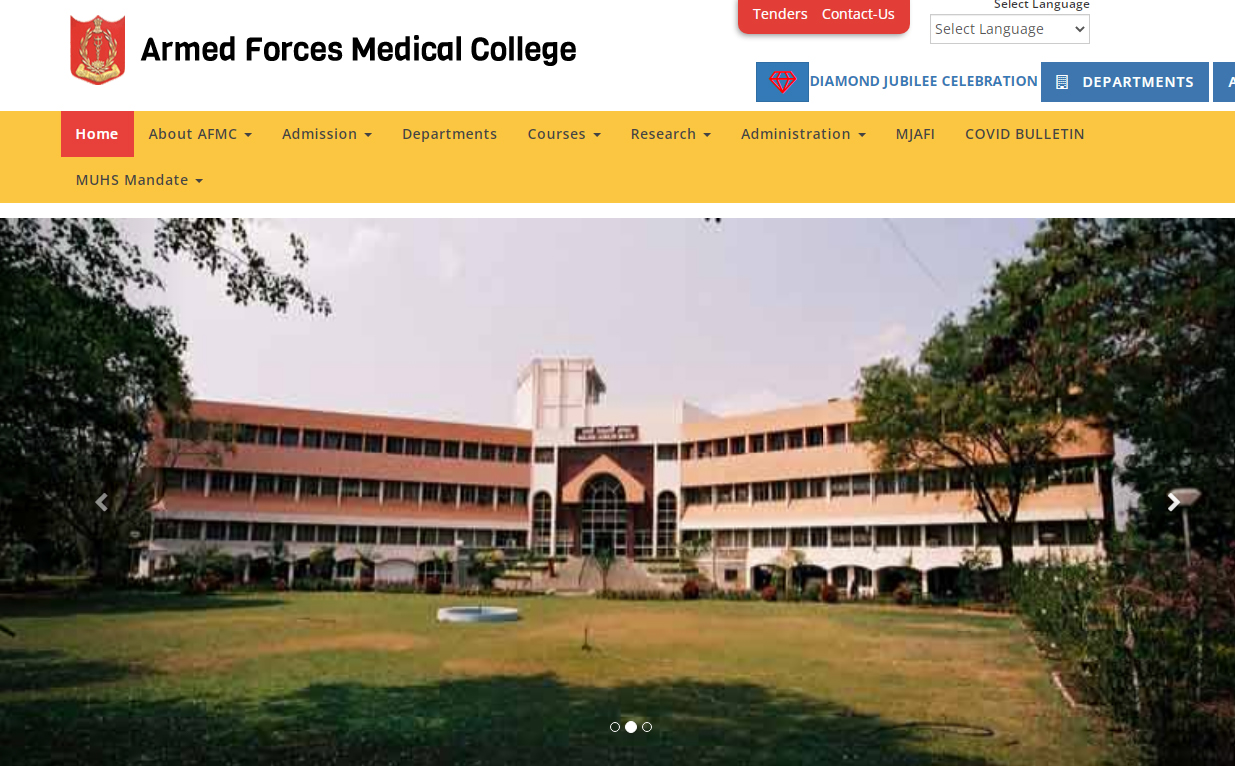
Armed Forces Medical College, Pune is a premier medical institution in India. AFMC has the distinction of being the first medical college set up by the Armed Forces of any country in Asia. The college is a unique institution which combines medical education with training specific to the health care needs of the Armed Forces. AFMC has been consistently rated among the top three medical colleges in India by surveys published by reputed newsmagazines for the past decade.

AIIMS, Rishikesh is an institute which strives to provide excellent tertiary patient care, world class medical education and groundbreaking research. Institute aims to mentor students and train so that they represent institute globally as pioneers, to serve as effective deliverers of patient care in society.AIIMS, Rishikesh functions as a “Vishwavidyalaya”, which implies, “Learn from world and also teach world”. Eighty-four visiting professors from all over world reinforce this message.
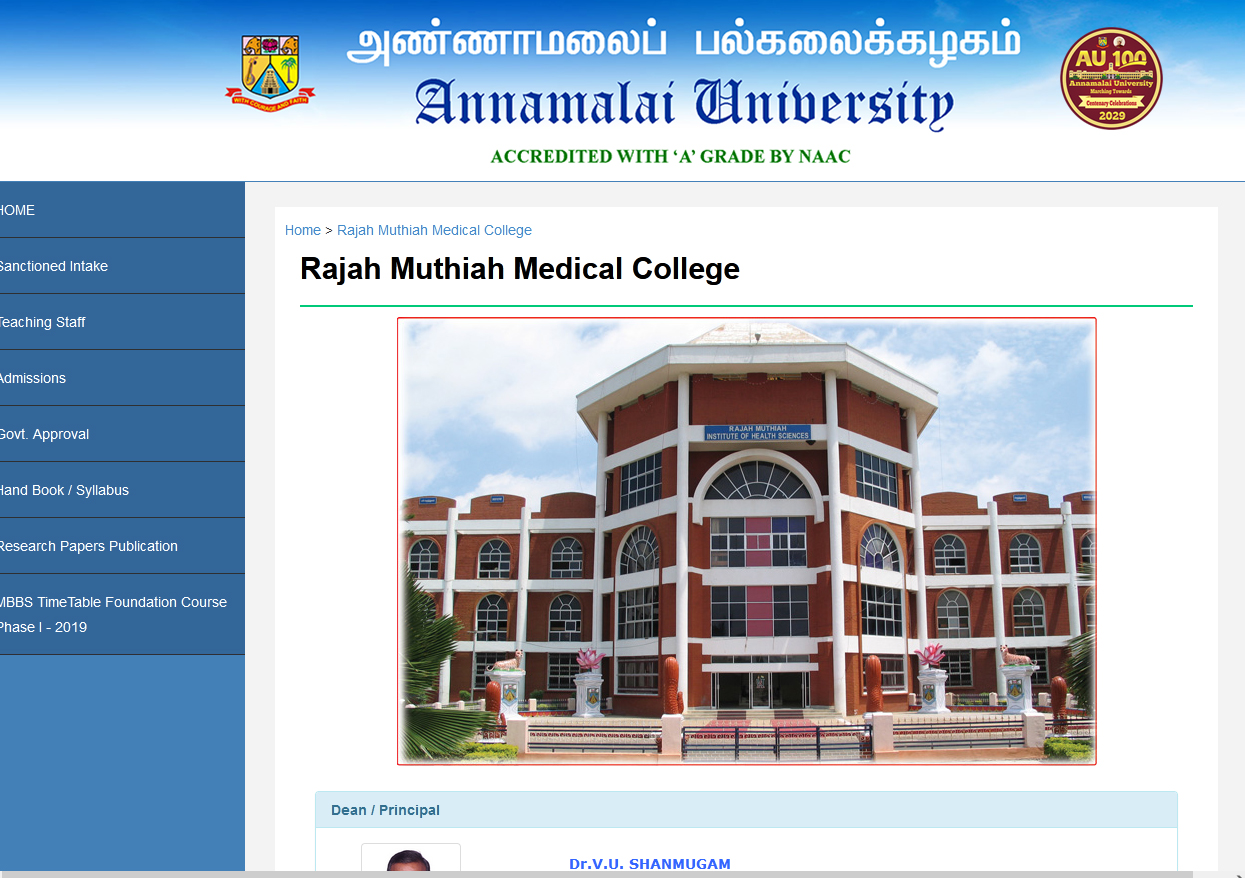
Profile
The Rajah Muthiah Medical College was established in the year 1985 in the Annamalai University. Over the years the College has developed steadily into one of the finest medical colleges in South India and has earned a name for itself in the field of medical education.

We possess within us two minds. So far I have written only of the conscious mind. I would now like to introduce you to your second mind, the hidden and mysterious subconscious. Our subconscious mind contains such power and complexity that it literally staggers the imagination.
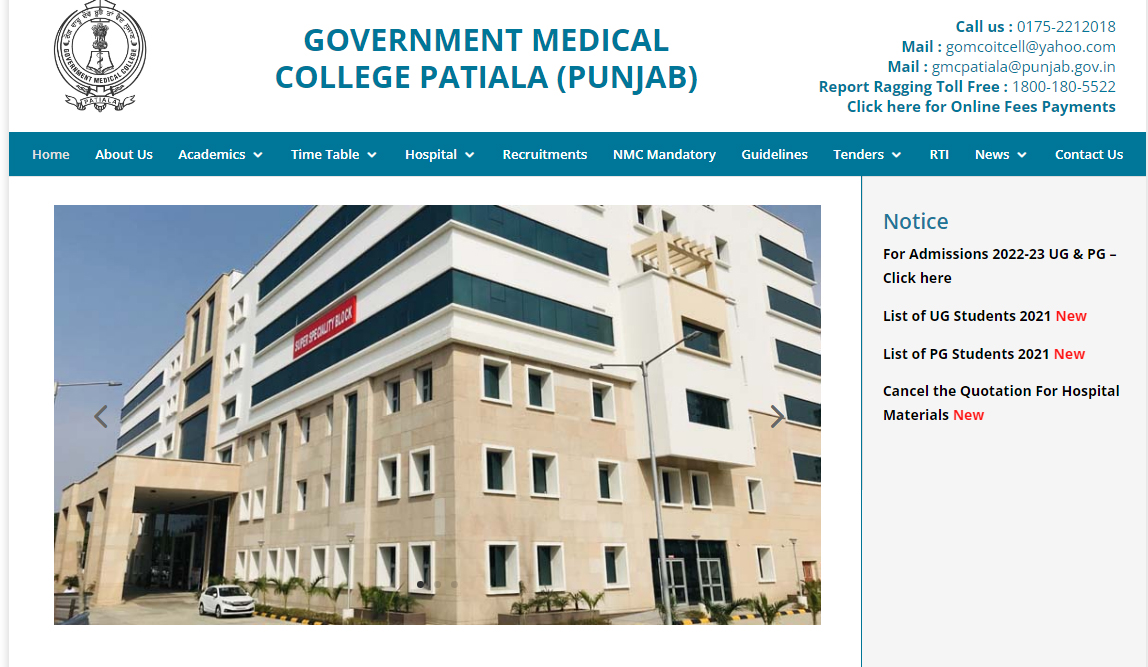
Government Medical College, Patiala was started on 29th September, 1953 at Patiala, the capital of erstwhile Pepsu State, at that time a separate State from Punjab, under the Government Of India President’s rule . This was the first Medical College in Pepsu State with a population of over 20 lacs. The Rajendra Hospital, Patiala, was under construction when the college started. The foundation stone of the college building was laid by Dr. Rajendra Parshad then President of India on21.12.1953.